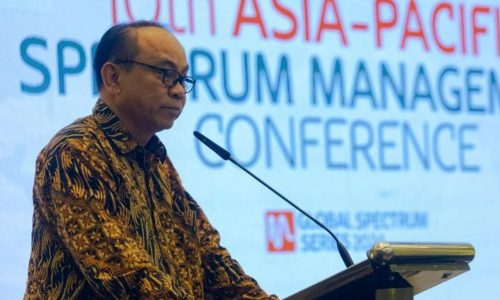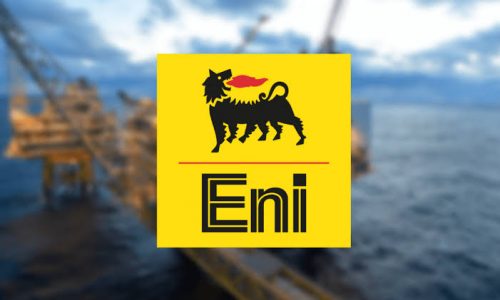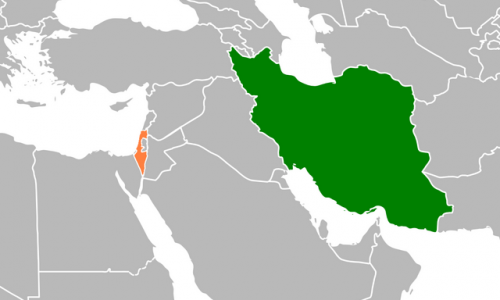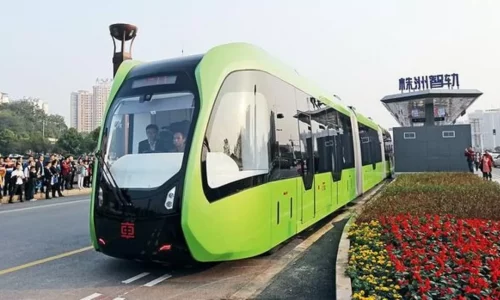Plantation company Tunas Sawa Erma Group or TSE Group is starting to focus on committing to zero emission contributions until 2050 following the recent rapid increase of global temperature. The company is reported to use the SBTi method to achieve its target.
TSE Group, is a palm oil plantation and processing company with offices in Papua and Halmahera. The company started doing business in 1998 in Papua at the request of the local government. In 2012, TSE Group expanded its palm oil business to Halmahera. TSE Group focuses on cultivating palm oil and producing crude palm oil. TSE Group has subsidiaries such as:
- PT Tunas Sawa Erma;
- PT Berkat Cipta Abadi;
- PT Dongin Prabhawa;
- PT Papua Agro Lestari; And
- PT Gelora Mandiri Builds.
Net zero emissions is a condition where the amount of carbon emissions released into the atmosphere does not exceed the number of emissions that can be absorbed by the earth. Reaching this stage requires a transition from the current energy system to a clean energy system in order to achieve a balanced condition between human activities and natural balance.
Climate conditions code red
The Intergovernmental Panel on Climate Change (IPCC) stated that according to a recent climate study by the United Nations, current climate conditions can be considered as code red for mankind. The study showed that the world can only accommodate another 1.5°C temperature increase, and that present conditions have approached that threshold.
Based on these data, TSE Group as a palm oil company in Indonesia has begun working to help the Indonesian government contribute to achieving zero emissions by 2050.
Using SBTi method
In an effort to achieve its target, the TSE Group will be utilizing a program from the Science Based Targets Initiative (SBTi), which is used as an international standard for setting net zero emissions targets. SBTi is an initiative to develop and promote a scientific methodology in order to set emission targets in accordance with the Paris Agreement.
Through the SBTi method, the TSE Group will set emission targets in accordance with what is needed in order to limit global warming below the level of 1.5°C. Then, the company will report progress transparently and consistently through the SBTi platform and other relevant mechanisms.
In the SBTi method, there are five steps:
- Commit: submit a letter establishing your intent to set a science-based target;
- Develop: work on an emissions reduction target in line with the SBTi’s criteria;
- Submit: present your target to the SBTi for official validation;
- Communicate: announce your target and inform your stakeholders; and
- Disclose: report company-wide emissions and track target progress annually.
“We will develop near-term and long-term targets within the next 2 years. These targets cover all of our operational and supply chain activities and calculate the potential for carbon sequestration from the land and forests that we manage,” said Luwy Leunufna, Director of the TSE Group on Monday, May 8, 2023.
TSE Group to help the Indonesian government
In addition to participating in the SBTI, the company will follow Indonesian government regulations in reducing greenhouse gas emissions and contributing to Indonesia’s Nationally Determined Contribution (NDC). The NDC itself is a commitment from every country that is a member of the Paris Agreement.
Indonesia is one of the countries following this commitment, with a national commitment to reduce greenhouse gas emissions by 29% by 2030, and by 41% with international assistance.
“We support the Indonesian government’s efforts to achieve this NDC and we are ready to collaborate with stakeholders to encourage the transition to a low economy,” said Leunufna.
Through this step, the TSE Group hopes to have a positive impact on the environment and the social and economic well-being of people who depend on the palm oil industry.









